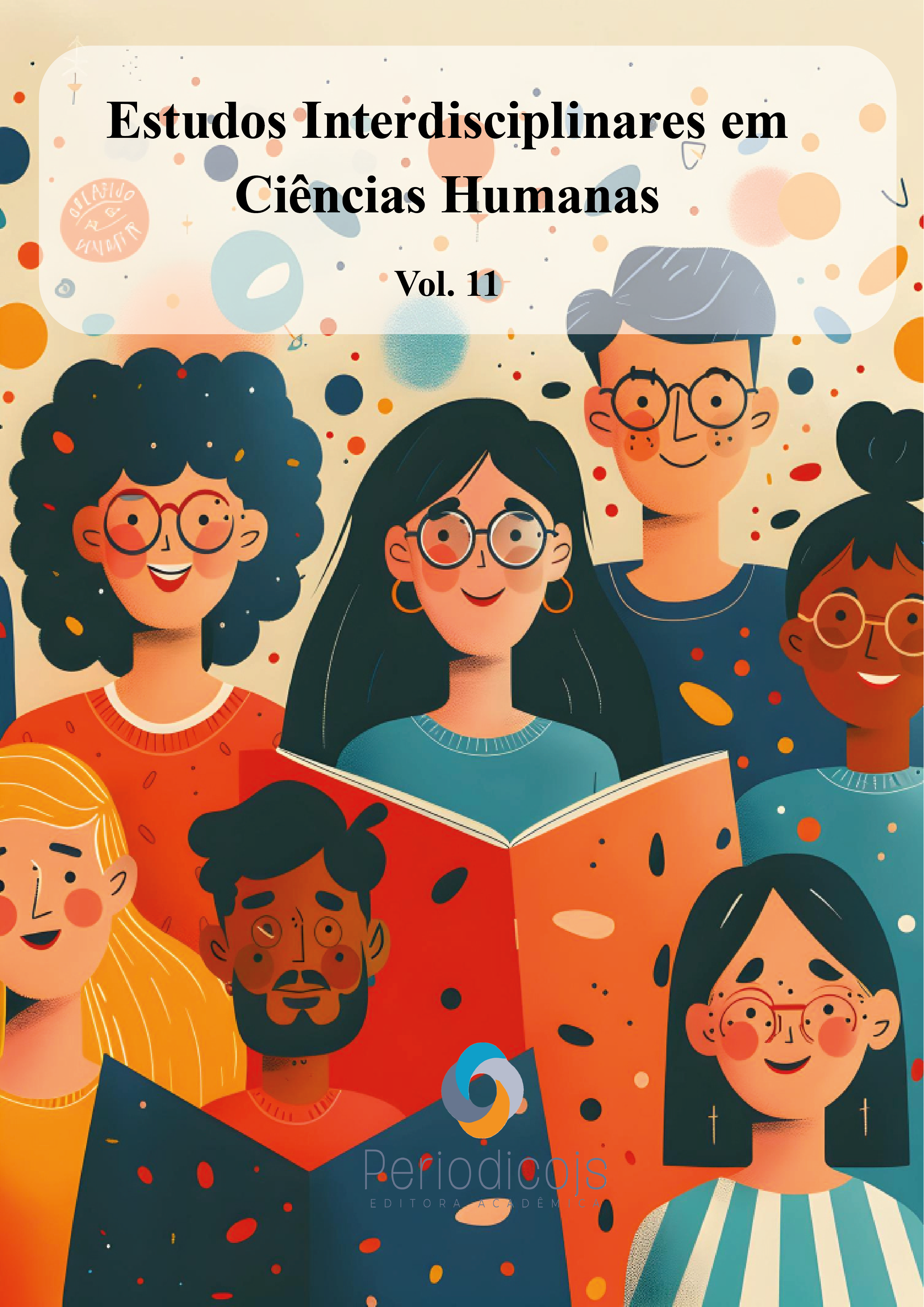Resumo
Esta escrita apresenta os benefícios da Inteligência Artificial na aprendizagem adaptativa em cursos online síncronos e assíncronos, bem como mostra uma análise da utilização da Inteligência Artificial (IA) na educação à distância (EaD), explorando as vantagens, desafios, métodos de aplicação, casos de sucesso, benefícios e limitações dessa tecnologia na educação remota. A introdução apresenta o contexto e a justificativa do artigo, além de definir os objetivos e a estrutura do trabalho. Na seção dedicada à IA na EaD, o texto oferece uma visão geral da aplicação dessa tecnologia no contexto educacional, ressaltando as principais vantagens e desafios. Em seguida, a seção de casos de sucesso explora exemplos de aplicação da IA em cursos à distância, apresentando resultados, metodologias e benefícios obtidos. Os desafios na implementação da IA na EaD são discutidos em seguida, abordando questões éticas, de privacidade, confiabilidade e adaptação a diferentes contextos educacionais. A seção seguinte apresenta os principais métodos de aplicação da IA na EaD, incluindo o uso de chatbots, sistemas de recomendação, análise de dados e aprendizado de máquina. Os benefícios da IA na EaD são discutidos na seção seguinte, destacando a personalização do ensino, a redução de custos e a melhoria da eficiência. Já as limitações da IA na EaD são abordadas na seção final, apontando a falta de interação humana, a falta de flexibilidade e a possível substituição de professores. Por fim, as considerações finais apresentam uma síntese dos principais pontos do artigo e sugestões para futuras pesquisas na área. Em geral, o artigo destaca a importância da utilização responsável da IA na EaD, levando em conta seus benefícios e limitações.
Referências
ALSMADI, I.; JARADAT, R.; AL-HAMAD, A. Artificial Intelligence (AI) in Education: Opportunities and Challenges. International Journal of Emerging Technologies in Learning (iJET), v. 15, n. 01, p. 73-86, 2020.
LI, C.; YANG, J. Analysis and application of intelligent teaching in distance education based on machine learning. Journal of Physics: Conference Series, v. 1882, n. 1, p. 012078, 2021.
LI, Xiaoou; LIANG, Jiaxin. Artificial intelligence in education: a review. Journal of Educational Technology Development and Exchange, v. 13, n. 1, p. 1-14, 2020.
LI, Y.; YANG, Y. The application of artificial intelligence in education: Opportunities and challenges. Journal of Educational Technology Development and Exchange, v. 14, n. 1, p. 9-20, 2021.
LIPTON, Z. C.; STEINHARDT, J. Discrimination in machine learning: What is it and how to mitigate it. In: 2018 IEEE 28th International Conference on Tools with Artificial Intelligence (ICTAI), 2018. Proceedings... IEEE, 2018. p. 24-30.
Mckay, T. A., & Kay, D. (2020). The impact of automated grading on student performance, perceptions, and workload. Computers & Education, 144, 103701.
MOOKERJEE, V.; RAY, S. A review of ethical issues in using artificial intelligence in education. International Journal of Emerging Technologies in Learning, v. 15, n. 7, p. 3-17, 2020.
Anderson, J. Q., & Rainie, L. (2018). The future of jobs and jobs training. Pew Research Center.
ANDERSON, J.; RAINIE, L. Artificial intelligence and the future of humans. Pew Research Center, 2018.
DARABSEH, Ala’ M.; et al. Improving E-Learning Process by Integrating Artificial Intelligence. International Journal of Emerging Technologies in Learning, v. 16, n. 14, p. 161-180, 2021.
Dervos, D. A., Papamitsiou, Z., & Economides, A. A. (2019). Intelligent tutoring systems in higher education: A systematic literature review. Journal of Educational Technology & Society, 22(3), 99-118.
DERVOS, D. A.; PAPAMITSIOU, Z.; ECONOMIDES, A. A. Intelligent Tutoring Systems and Distance Learning: A Synergic Combination to Foster Learning Outcomes. Education and Information Technologies, v. 24, n. 5, p. 2875-2898, 2019.
FERGUSON, Rebecca. AI in Education: 10 examples of EdTech Using AI. Global EdTech, 2019. Disponível em: https://global-edtech.com/ai-in- education-10-examples-of-edtech-using-ai/. Acesso em: 19 mar. 2023.
GUO, M.; KARIMI, M.; KULIK, J. Learner differences in hint use behavior and their relationship with performance in a blended mathematics course. Computers & Education, v. 114, p. 149-163, 2017. Guo, P. J., Kim, J., & Rubin, R. (2015). How video production affects student engagement: An empirical study of MOOC videos. ACM Conference on Learning at Scale.
Hervás-Gómez, C., Muñoz-Merino, P. J., Alario-Hoyos, C., & Delgado-Kloos, C. (2020). Identification of skill gaps in MOOC students using artificial intelligence techniques. IEEE Transactions on Learning Technologies, 13(2), 344-355.
HERVÁS-GÓMEZ, C.; FERNÁNDEZ-SANTOS, Y.; HERRERA-VIEDMA, E.; ALCALÁ-FDEZ, J. Artificial Intelligence in Education: Issues and Trends. IEEE Intelligent Systems, v. 35, n. 5, p. 48-55, 2020.
HOLSTEIN, Kate. AI and education: a guide to issues and trends. Brookings Institution Press, 2021.
HRATINSKI, Stefan. A theory of online learning as online participation. Computers & Education, v. 120, p. 146-156, 2018.
Joyner, D. A., Kelleher, J. D., & Pardos, Z. A. (2021). Automated grading and feedback generation for programming assignments. ACM Transactions on Computing Education (TOCE), 21(1), 1-22.
KULKARNI, Chinmay et al. AI-supported personalized learning: a review. IEEE Transactions on Learning Technologies, v. 12, n. 4, p. 508-524, 2019. Kumar, D., & Raju, K. V. K. (2020). Design and development of an intelligent tutoring system for computer science education. International Journal of Engineering Education, 36(3), 1091-1102.





